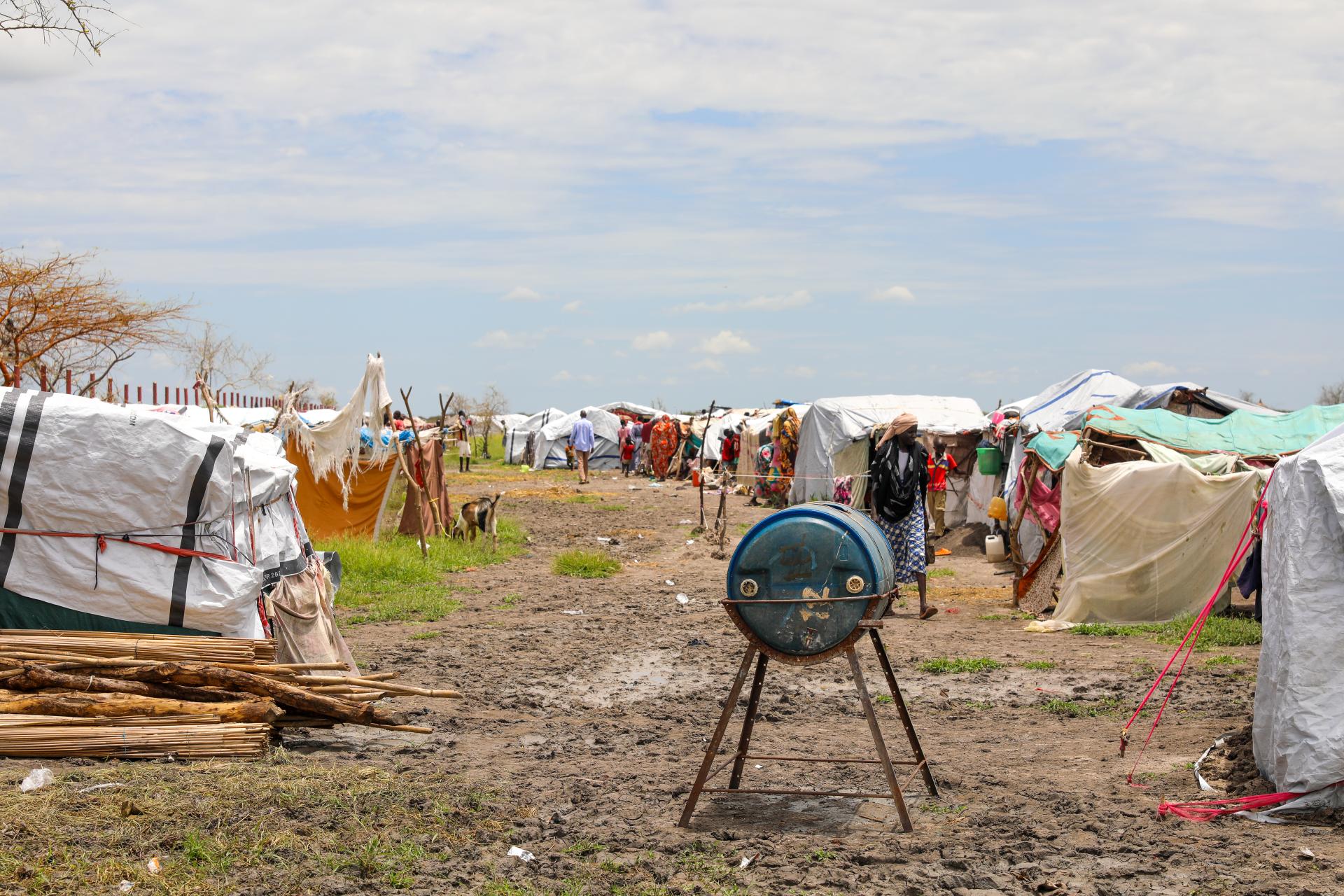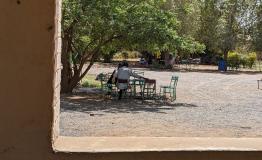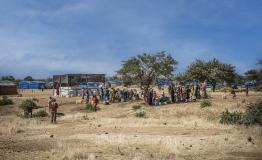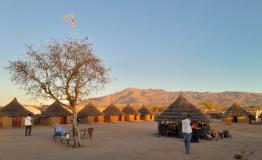Dear world,
I have been at the hospital for three weeks, watching over my eight-year-old son and my five-year-old daughter, both suffering from malnutrition. They are not the same as I remember them back in our home city of Khartoum. They are receiving special food and medicines, and a doctor checks their vital signs many times a day.
Our lives changed in April. We were a family of eight living in Khartoum. I was at home caring for my six children, and my husband was earning enough as a construction worker. My youngest was a baby who I still breastfed. Needless to say, our home was full, and children were running and playing all over the place. Everything was okay until we heard the bombs and gunshots; neighbours and people we knew were dying.
As a family, we decided to leave. My husband stayed behind, and my six children and I embarked on a journey to South Sudan, the country we had originally migrated from. We took a bus, and from one displacement camp to another, we started moving.
As we arrived in Alagaya camp within Sudan, the children started to fall sick; they had measles. The baby was the first to get a fever; after one week, the three-year-old and later the nine-year-old one. They died.
I had to bury my three children far from home. Far from anyone they knew. Far from where we were going.
As I continued my journey to South Sudan, I arrived at Renk, where I discovered that my eight-year-old son and my five-year-old daughter were malnourished. The change in food, the long journey and the grief have been arduous for me and my family. I have lost three children, and the other two are fighting for their lives.
Every day at the hospital, I find the strength to look after them. I cook what I can with the other mothers who also have their children at the hospital. We sit under a tree. The other children play; they climb trees, and I can't wait for my children to be among them. Many families here struggle for food and water. Hardly anyone has a proper shelter.
As soon as my children feel better, my husband will join us and we will continue our journey, maybe to Malakal. I will try to contact my extended family in South Sudan, but I am uncertain of the future. We would need a lot of courage and help to survive during the coming difficult days to start a new life in South Sudan.
My house will still be half full.
Your fellow human being,
Marta Kaliba
Since the fighting erupted in Sudan, around 290,000 people have entered South Sudan—80 per cent of them through Joda border in Upper Nile state. Although the formal and informal transit centres in Renk are ideally a temporary stopover for them to move further into the country, the returnees can spend weeks or even months there. This stay is often exhausting and painful, as they have limited access to food, shelter, water, sanitation and healthcare. The assistance is woefully inadequate in Renk as compared to the needs that are growing every day



